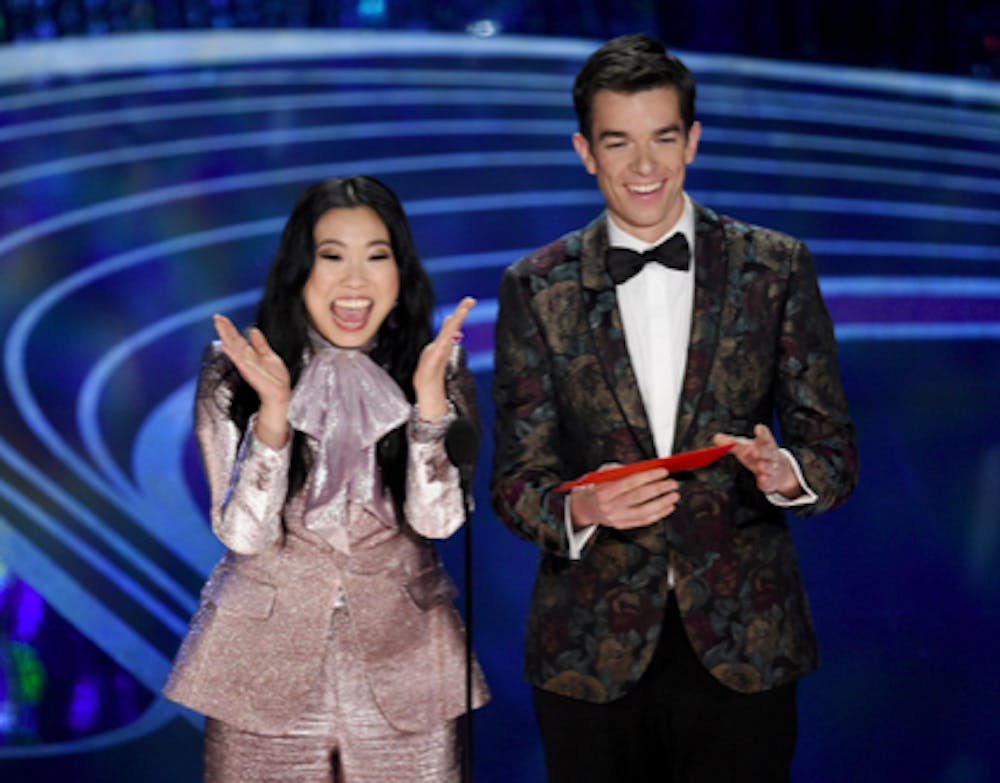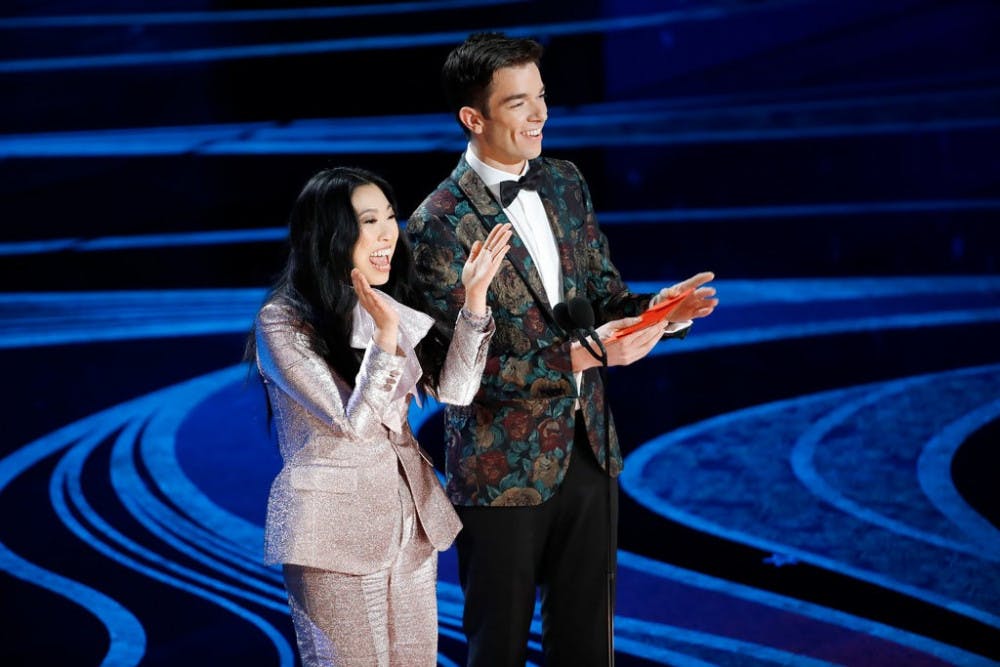by Matthew Yapp
The 91st Annual Academy Awards aired last night and par the course there is quite a bit that viewers are angry about. Twitter was abuzz with a variety of complaints: From claims of robbery to absolute outrage when Green Book took the nights coveted best picture award. What came as a shock, however, is what could’ve been the most controversial decision of the night ended up being one of the best. I am referring to the fact that the Oscars did not have a host this year.
Back in December of 2018, the award show was overrun by controversy when Kevin Hart was asked to host and just three days later stepped down. Hart’s withdrawal was caused by a tidal wave of backlash over homophobic comments Hart had made in the past, which he felt he shouldn’t have to apologize for again. While he said that he ultimately regretted the comments and had changed, he still wouldn’t host the show. With the award show so close and a replacement far from sight, it left quite a few people questioning if a hostless Oscars had any hope at all. While all the news surrounding the show seemed to indicate that failure was imminent, when it actually came to the final product, it seems the Oscars nailed it on the night.

The lack of a host felt shockingly right. What had the potential to be left as an unstructured and awkward mess felt more streamlined than any award show in recent memory. We didn’t have to linger on awkward monologues delivered from a celebrity that is trying to pull attention. Instead we got to focus on what the night is actually about, the nominations. Award shows are painfully long as it is, and, at the end of the day, we’re watching to see if our favorite movies are getting the recognition they deserve or if we have to go on a twitter rampage over a movie we never saw winning something. Anything that comes in between that is just unnecessary filler. By removing a host, and subsequently their monologues, it felt like we had a clearer focus for the night.
The most appreciated change brought on by the lack of a host is the removal of any “comedy skits” that usually come with them. There’s nothing more awkward than watching a joke not land. This is only amplified when you have to sit through an entire 2-minute segment of jokes not landing. From Seth MacFarlane’s misogynistic musical numbers to Jimmy Kimmel being… well Jimmy Kimmel. Seriously, what was that jet ski bit about? With an exception here and there, hosts always struggle to make a night full of serious movies and tearful speeches comical. Just removing that expectation and having a mixed bag of hosts left us all a bit of room to breathe. That’s not to say the presenters weren’t funny, in fact, without having the same face again and again, I think it made the awards feel less stale. The highlight of the night had to be John Mulaney and Awkwafina, two cherished comedians who had undeniable chemistry and jokes that actually landed.

Overall, is this how all award shows will be in the future? Probably not. The Oscars and award shows like it usually expect people to come for a name rather than to see who won. So despite the fact that this year’s Oscars actually saw a ratings increase for the show, it’s pretty likely The Academy will keep banking on name recognition in the future. That being said, the show being hostless worked out fantastically this year and would be a welcome return in the future.
Los Angeles Times The Guardian Business Insider People Newsok The New York Times



















